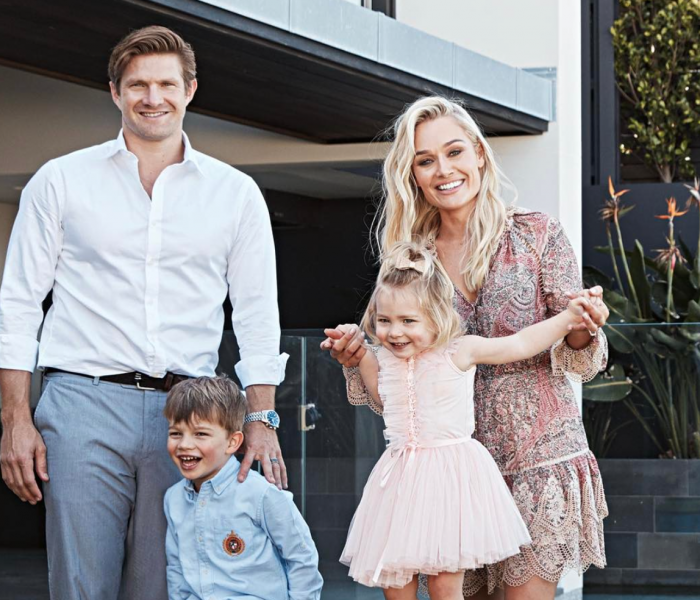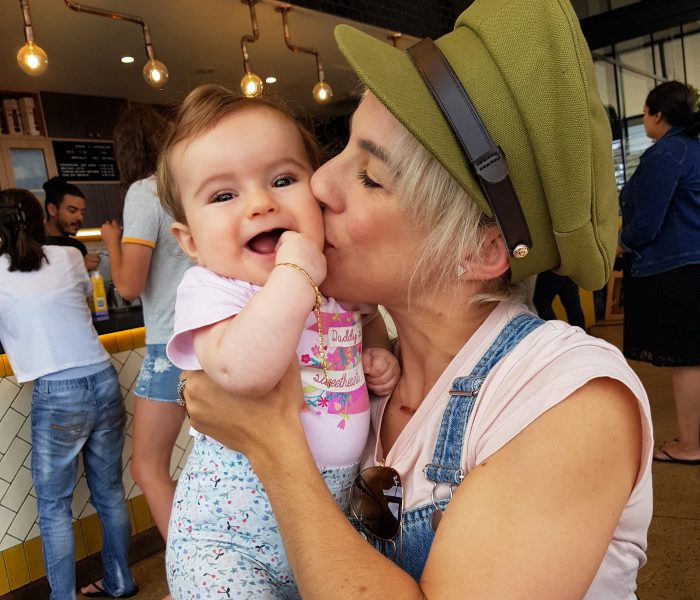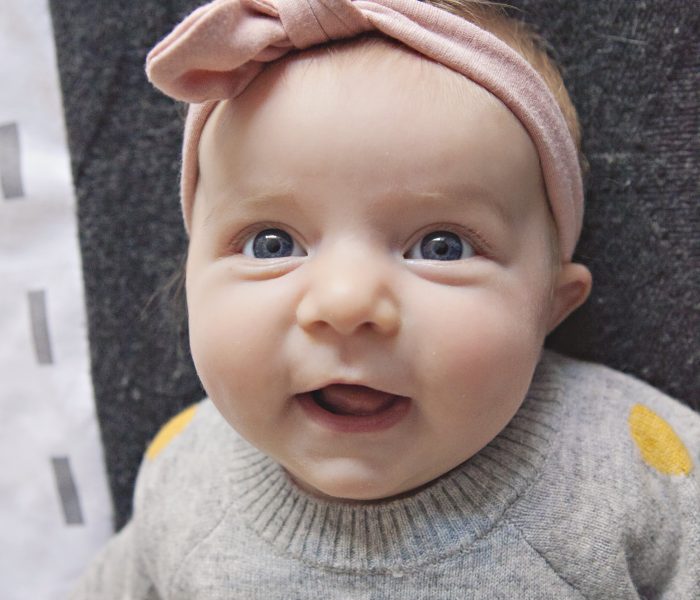Sleep Training - Does It Really Work?
I paid for sleep training to get my daughter to sleep through the night - was it worth it? I tell all here, plus share expert sleep tips...
Sleep we all need it, we all want more of it and when you have kids it feels like it's all you ever think and talk about! In fact as a mum of an almost four-year-old and 10-month old I would go so far to say that most conversations revolve around either how to get more of those elusive ZZZ's myself or trying to work out the magic formula to ensure my kids are - then at least I can get some downtime the other rare commodity when you enter motherhood!
As I write this it's just gone 5:30am and the daylight savings change, 10-month regression and teething have been wrecking havoc with Maia's sleep routine, but that said thanks to sleep training with Erika from The Sleep Dept. she now has a sleep routine! It's been just over four months since I made the decision to actually pay for someone to help me get my baby to sleep. Yep. That's right, I parted with hard earned cash in the name of sleep (and not shoes heheh!).
I documented my two-week journey over on Instagram - I created a highlight called Sleep Training if you're interested in taking a warts and all look at my experience.
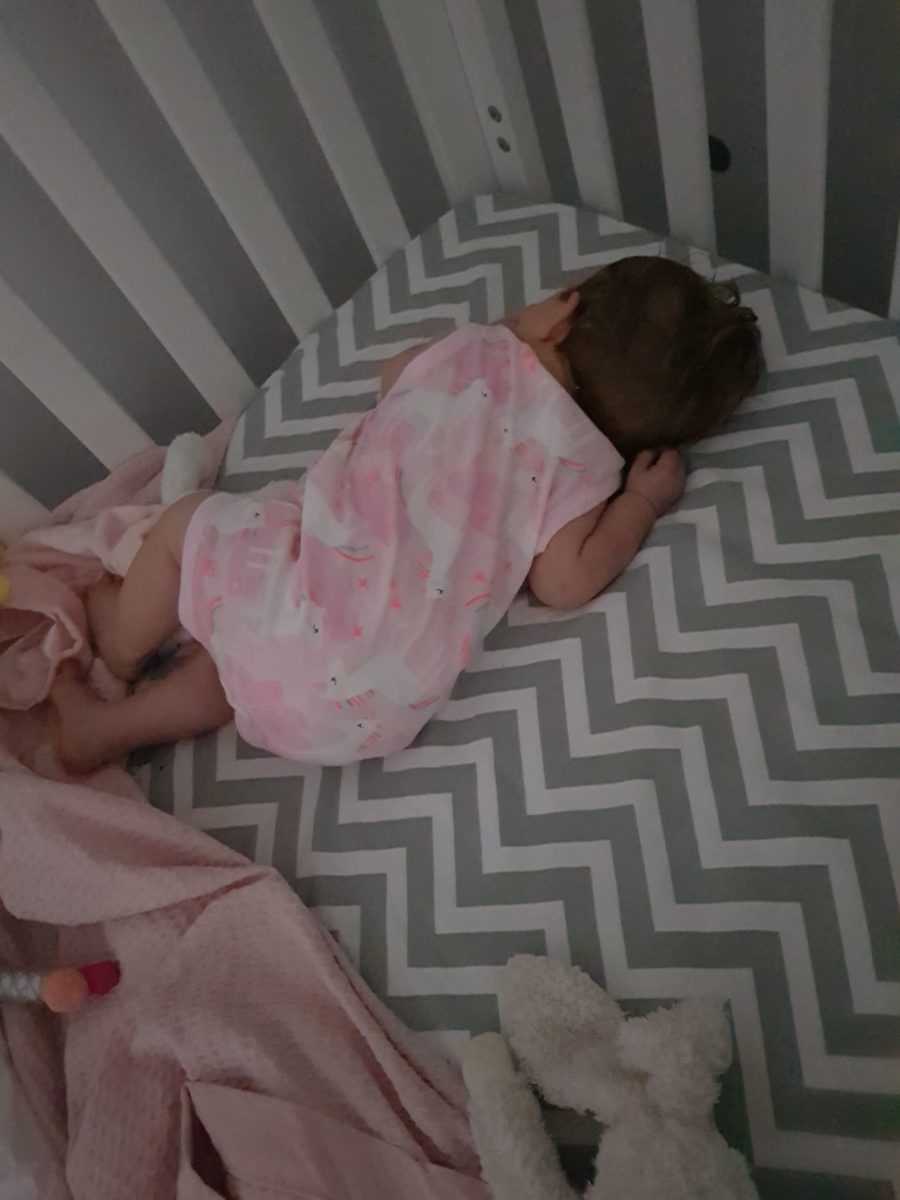
So why sleep training? After 2 months of Maia coming into my bed at midnight every night and then demand feeding for the next 6 hours, I was quite literally at my wits end. I felt like I needed expert assistance to work out how to break this habit and create new, healthy sleep habits I knew Maia was capable of. She was also a massive cat-napper during the day - at times the most she slept was hour the entire day! I was not used to this at all. As a baby, Samson was an excellent sleeper, three-hour naps most days. However, from the time Samson turned 1 and up until just recently, bedtime was a nightmare. When he was younger he would resist going down, crying and screaming hysterically until I would have to literally get into his cot and lay with him until he went off to sleep. Some nights this would go on for 2-3 hours. Controlled crying did not work with Sam, and it was just too distressing for me too. As he got older and we transitioned him into a double-bed it would often be two hours of going up and down to settle him down or put him back into bed after he'd come back down stairs. Exhausting and frustrating when as a parent you often use these precious hours of bedtime to get things done or work! None of which was happening before 10pm some nights.
I will not make this same mistake with Maia. I truly believe if I had had the tools I now have thanks to sleep training I would have been able to nip a lot of Samson's bad habits in the bud. I can see some of the same patterns with Maia now she's getting closer to turning 1, especially the resisting being put down at bedtime. But I also now know that she can self-settle, I can differentiate her cries - which one will peter off and result in her resettling and which one means I will need to go into her bedroom and resettle her again. I am well aware of her maximum awake time and her sleep cues - yep, even though she seems wide awake, two fingers in her mouth means she is soooo ready for bed.
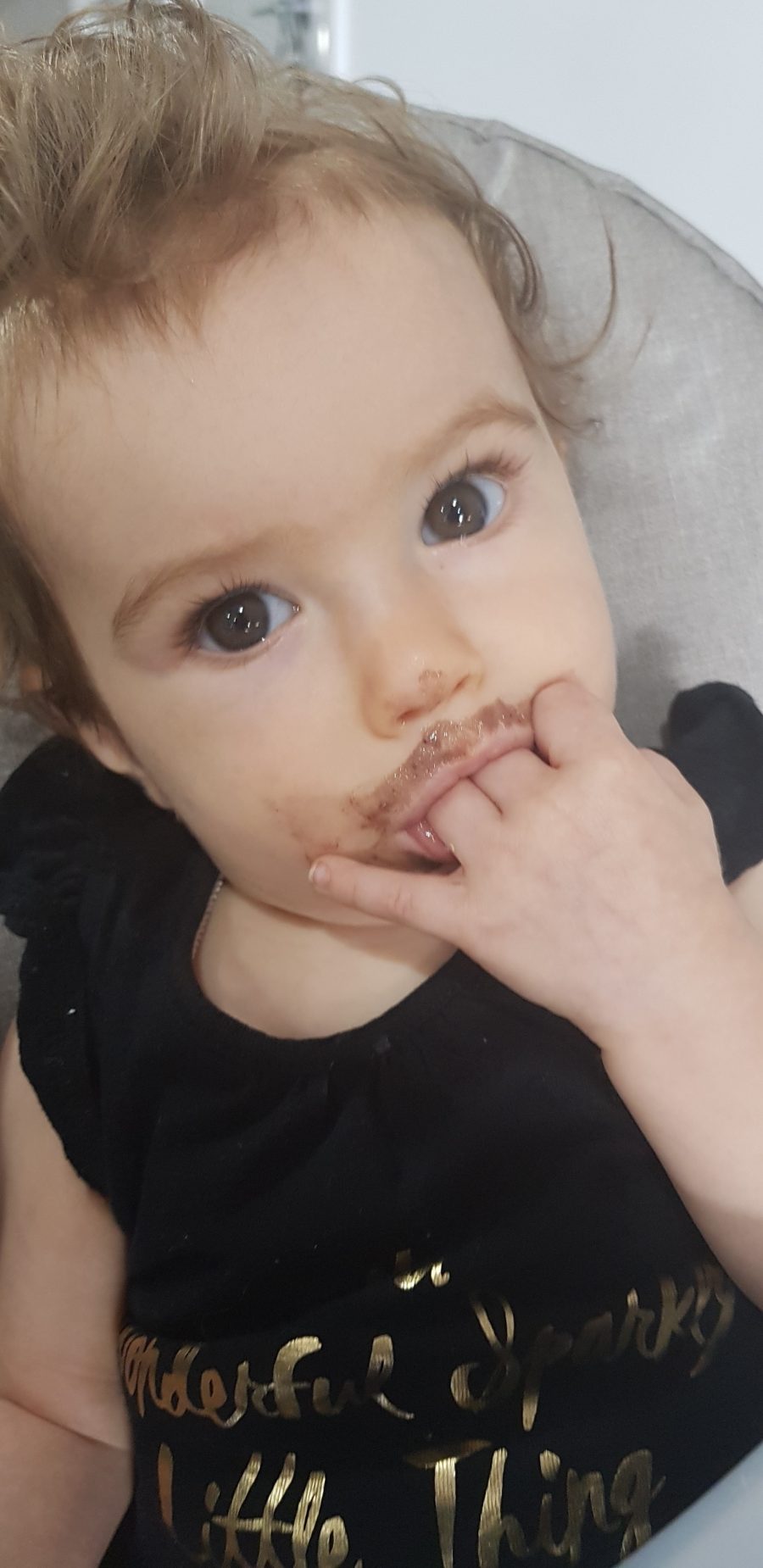
So yes, if you're asking me, sleep training with The Sleep Dept. was totally worth it. Their personalised Sleep Guide and gentle methods really worked for us. Their program does not use the Cry It Out philosophy and also understands the demands of family life helping you to tailor a sleep routine that works, but that's also flexible to accommodate missed naps or naps on the go! In saying that the first 7 days are vital in establishing the sleep routine, so do be prepared to be quite regimented in terms of times. Within 14 days, Maia was a completely different baby with established wake up / bedtimes and 3 established day naps that last between 1-2.5h. She mostly sleeps through the night now - with the exception of teething or a leap all of which commonly affect a baby's sleep patterns. You know what they say, happy baby, happy mummy - and vice versa!
To help you navigate some of your sleep questions I asked Erika to answer some Frequently Asked Questions below.
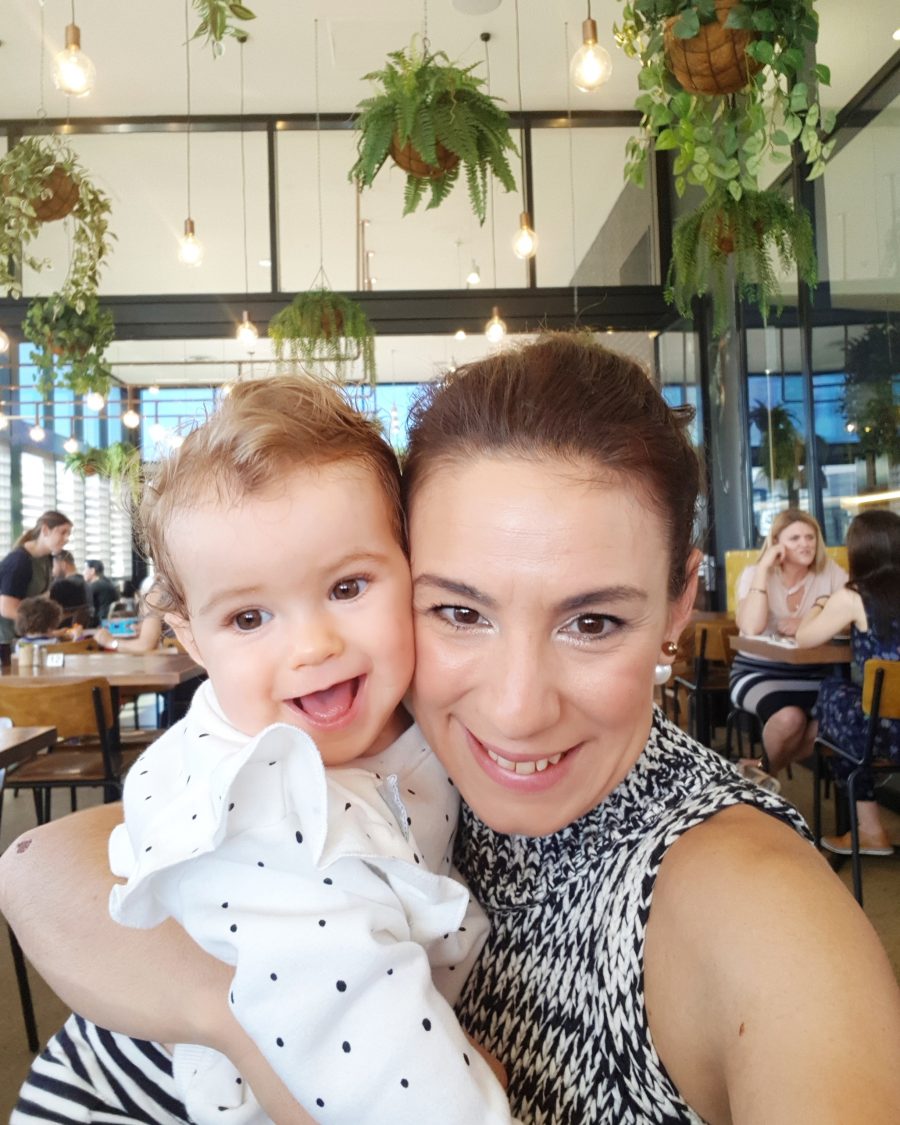
Frequently Asked Sleep Questions
Erika from The Sleep Dept. answers some of the frequently asked questions when it comes to babies above 6 months and things we can do to solve those problems :)
1. My baby was an amazing sleeper, and once they reached 4 months everything changed! Why?
Ah yes... The dreaded 4 month sleep regression where sleeping patterns change and become more like an adults. Your baby's brain has matured, gone are the days where your little newborn could fall into a deep sleep at the drop of a hat. Now, they start to sleep more like us - they begin to go through light and deep sleep cycles. This means that each time your babies sleep cycle goes from deep to light, they will most likely wake up (thats every 40-45 minutes!)
While many parents fear the 4 month sleep regression, it really shouldn't be seen as a regression but more so a developmental milestone, and a time to implement a sleep program that's right for you and your baby.
2. Can I guide my baby to sleep through the night straight away?
There are definitely foundations you can set early on to create great sleep habits, but the 0-3 month stage of your babies life really should be referred to as the 4th trimester. Babies are making a HUGE transition from womb to world - coming from an environment that is dark, warm and well nourished to suddenly being exposed to light, different temperatures and hunger. Whilst its not a great idea to have your newborn on a time-based schedule, if you make sure your newborn is awake for no longer than 60-75 minutes between sleeps, you are on your way to creating great habits.
3. My baby used to love the pacifier for comfort, but recently it's started to fall out multiple times a night - what should i do?
Uh-oh! Paci's are great to settle and soothe newborns, but what happens when you are up 10 times in the middle of the night popping it back into your baby's mouth? The best thing to do is cut it - COLD TURKEY! i know it sounds scary! But if it is being used as a sleep association it WILL wake your baby in the middle of the night and when they can't find it, it may cause confusion and distress. We need to guide babies in having their own sleep associations that they create all themselves. All the babies who implement 'The Sleep Dept' program get used to having no paci on night 1! Instead, replace the paci for a small comforter.
4. My baby will not go down unless they are fed or rocked to sleep, and once I put them down, I'm up multiple times during the night - they won't self settle!
The simple answer is - they haven't been allowed to figure it out on their own. When we introduce external sleeping associations, such as feeding or rocking a baby to sleep, we take that away from them. We don't want a baby to be falling asleep outside of their cot (easier said than done!). There are gentle ways that this can be done (The Sleep Dept. only uses gentle techniques and no Cry It Out methods). It takes patience and consistency, but the good news is that if we follow a plan 100%, the results are almost immediate, with babies falling asleep on their own and sleeping through by night 2!
5. My baby is swaddled and has started rolling - what's the best way to transition them to a sleeping bag?
Im my experience, the best way to do this is... COLD TURKEY! It creates less confusion for your baby. I would recommend introducing a small handkerchief sized comforter, so that your baby can keep their hands busy if they need to. Again, most babies get used to having arms out in a night or two.
6. Ive had my baby in a great routine, but they are teething! A week in bed with us while this passes is ok, right?
The MOST important thing to remember when your baby is sick, teething or going through a sleep regression is to not introduce anything new - especially a bad habit that you had worked so hard to get rid of in the first place! Of course, your baby needs you in times like these, but the best thing is to go to them. They still need to know its night time. So do what you have to do - feed them, bring a mattress into their room, hug them. Just be sure to stay in their room. All of these things pass, and if a baby is on a solid routine, it will only be a few days before they are back on track.
7. What about vacations? My baby is on a great routine at the moment, and I'm worried going on vacation will make us go backwards
We get it. A long flight, lots of waiting around, unfamiliar surroundings - these can all affect your Bub BUT if your little one is in a great routine at home, then they should be able to easily adjust wherever they are in the world. My best tips for travelling with a little one - 1. Throw all your rules out when on the plane. It will be much less stressful for both you and Bub if you do what will easily calm your Bub. 2. Get your baby onto a routine based on the timezone you are in. Babies adjust to different time zones much quicker than adults! 3. Have your baby spend lots of time outside during the day, and start the nighttime wind down approx. 2-3 hours before sleep time.
8. What is your all time number 1 tip?
The absolute best piece of advice I can share with you, that can be done as soon as your baby comes home is to have a solid bed time routine. Establishing a bedtime routine for your Bub is a must. Bub will be more relaxed if they know what's coming next. A short 20-30 minute routine for your baby right before bedtime is ideal and really makes for healthy sleep habits. Be sure to do the routine in your babies bedroom (after they are bathed and dressed). Most babies LOVE the bath, but if your baby doesn't find the bath relaxing, then switch it to the morning. The point of the bath during the bedtime routine is to calm your baby, not get them worked up right before bedtime. Our favourite routine goes a little something like this BATH - PJ's - FEED/BURP - BOOK - CUDDLE - BLINDS DOWN - BED.
